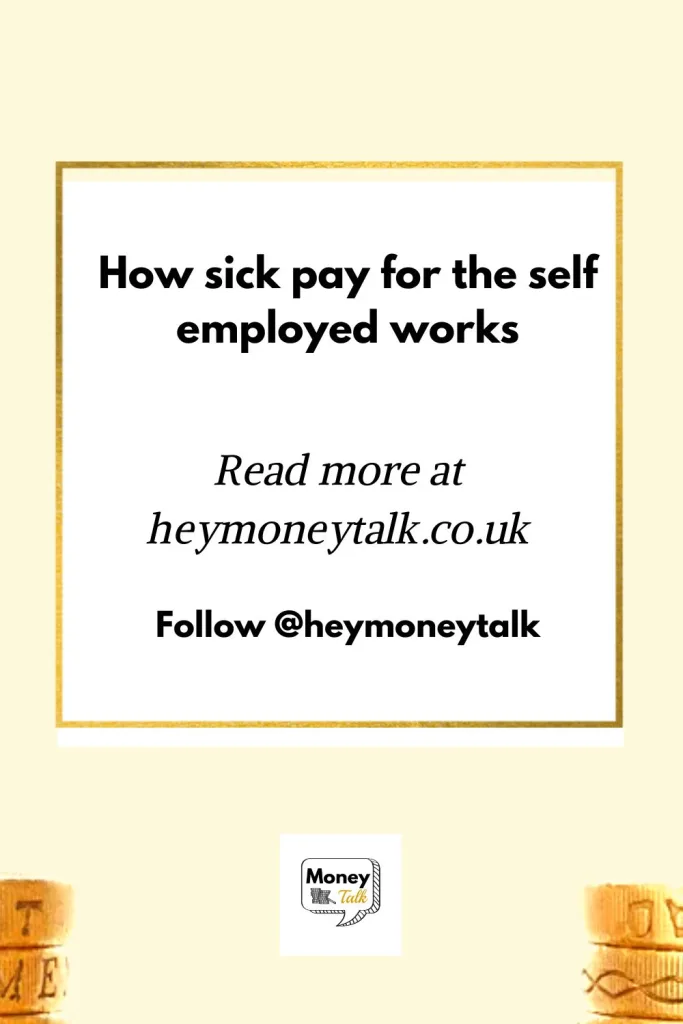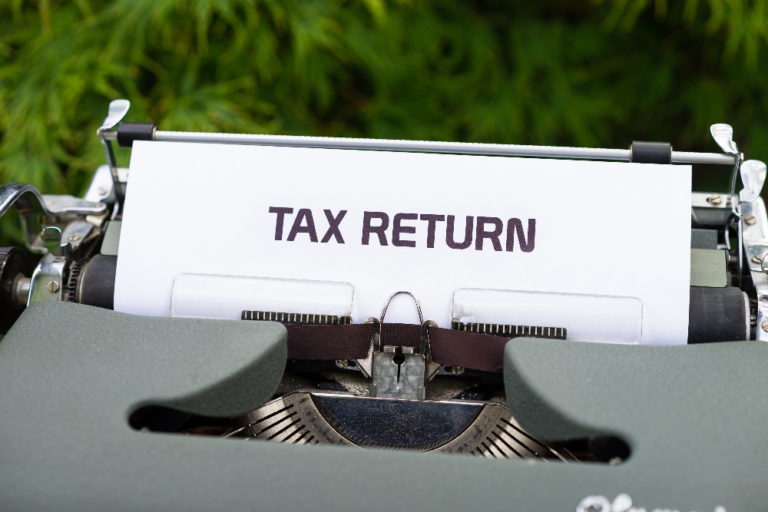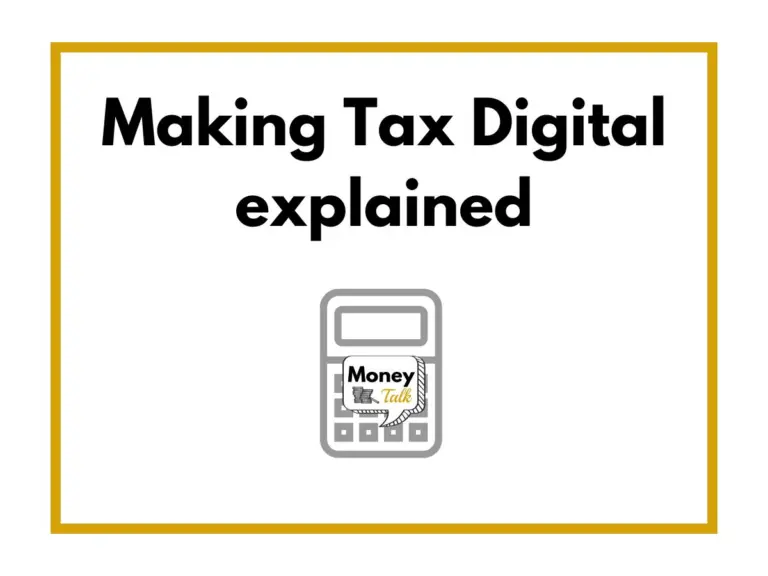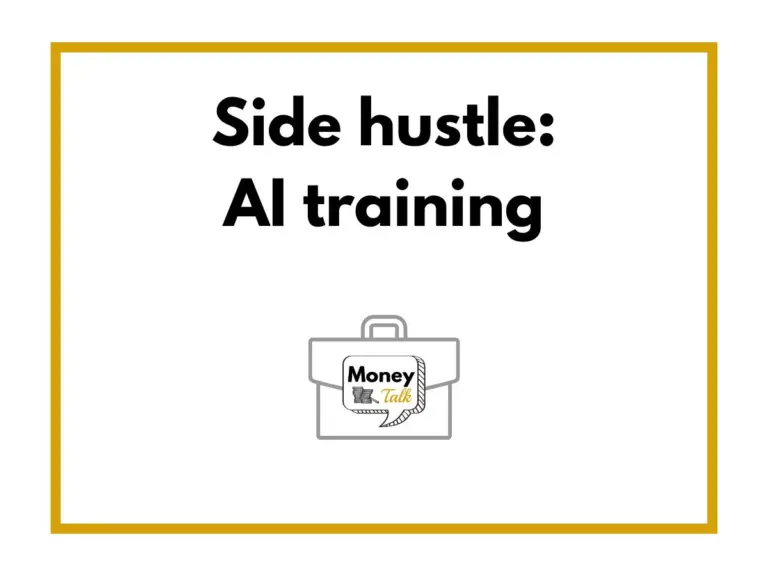How self employed sick pay works
Money Talk is intended to inform and educate; it's not financial advice. Affiliate links, including from Amazon, are used to help fund the site. If you make a purchase via a link marked with an *, Money Talk might receive a commission at no cost to you. Find out more here.
It’s generally easy to call in sick when you’re a salaried employee.
But for those who are self employed, it often feels like we need to work until we’re on our deathbeds before taking a day off for financial reasons.
So are there alternatives? And if so, what?
With that in mind, I wanted to explore how self employed sick pay works.
Taking sick days when you’re an employee
I want to clarify something first: sick pay varies enormously from employer to employer.
Some employers will offer full pay for sick leave while others will only pay Statutory Sick Pay (SSP) – these terms are generally specified in your contract.
By law though, all employers have to pay SSP as a minimum, which is currently £116.75 a week, up to 28 weeks.
You’re only eligible if you make an average of at least £123 a week and you’re not receiving Statutory Maternity Pay. You also have to be ill for at least three consecutive days, with SSP starting from the fourth day.
This means if you’re off sick for a day or two, you can end up with nothing – and this is likely to be more applicable to those who are on shift work or are on a zero hours contract.
In the case of salaried employees, whether sick days actually get noted down will probably depend on how “on it” your manager is so it may not affect your pay at all.
Those on higher salaries may also have full sick pay clauses in their contract.
Taking sick days when you’re self employed
For those who are self employed, the sick pay situation is more akin to employees on an SSP-only contract.
That means if you’re off sick for a day or two, you’ll basically have to absorb that cost – and that’s why it’s worth budgeting a bit more in the fee you ask for and setting aside an emergency fund.
For longer term illnesses, for example if you’re off for a couple of weeks, or if you have a disability that might affect how much you can work, there is the equivalent of the SSP – the Employment and Support Allowance (ESA).
The ESA is actually available to both employed and self employed workers and you’ll need to have paid enough National Insurance to be eligible. This basically means you’ve paid two to three years of “full contributions” – you can check your record here.
You can also claim Universal Credit (UC) while claiming ESA, which could help with housing costs and caring for children when you’re sick – but you can’t have more than £16,000 in savings when you apply.
In both cases, you’ll have to wait for a couple of weeks before the money reaches your bank account.
In other words, it can boost your income in the longer term but you shouldn’t rely on it in the case of an emergency.
How much Employment and Support Allowance and Universal Credit can you get?
Both ESA and UC are dependent on your circumstances, including your age, which means the amount you can get and the duration varies quite a bit.
Employment and Support Allowance (ESA)
In the case of ESA, you’ll get up to £71.70 a week if you’re under 25 and up to £90.50 a week if you’re 25 or over for an initial period of 13 weeks while your application is being assessed.
After your assessment, you’ll get up to £90.50 a week if you’re expecting to go back to work in the future (available for up to a year), or up to £138.20 a week if your work is being permanently impacted (available indefinitely).
In the case of the latter, you may also be eligible for certain disability benefits, such as Personal Independence Payment (PIP).
Once you’ve been assessed, the payments will be backdated so you receive the post-assessment amount for the duration of your sick leave.
You can still work while claiming ESA, as long as it’s less than 16 hours each week and you earn no more than £183.50 after tax and national insurance.
Universal Credit (UC)
For UC, the amount of money you can get varies enormously and can be affected by your age, household arrangement and whether or not you’re working.
Assuming you’re not working at all, you’ll receive the following minimum monthly payments:
- £311.68 if you’re single and under 25
- £393.45 if you’re single and over 25
- £489.23 for a couple under 25
- £617.60 for a couple over 25
You may be eligible for additional money if you have children, caring responsibilities, a long term illness (separate to ESA), or need help with your housing.
And of course, being on UC means you may become eligible for additional support elsewhere, such as Cold Weather Payment in the winter months to help with heating costs.
You can take out specialist insurance
If you’re the sole breadwinner or have children, or you have mortgage payments to make, it might make sense to get insurance.
You can’t claim this as an expense if you’re a self employed sole trader but you may be able to if you’re a limited company director.
In the case of the latter, you may be taxed on it so talk to a good accountant if you’re thinking about going down this route.
There are three types of insurance you can take out to protect your income in case of illness: income protection, critical illness cover and life insurance.
Which one you go for will depend on the level of protection you want and the premium you’re prepared to pay.
Income protection insurance
Income protection insurance is probably the more useful of the two if you have regular financial obligations such as a mortgage.
It will cover a portion of your earnings (usually somewhere between 50% to 65%) if you’re unable to work due to sickness or injury.
There are lots of different types of policies, so do read the fine print carefully.
If you’re not well enough to return to work, some will only pay out for a couple of years for example, while others may continue paying out until you retire.
The terms and conditions will also dictate whether you can claim multiple times on the same policy and for what types of illnesses.
Critical illness cover
The alternative is critical illness cover, which only pays out for certain types of illnesses, such as cancer or stroke.
You’ll get a tax-free lump sum that you can use for anything and it’s ideal for paying off a mortgage or for making alterations to your home if you need to.
Life insurance
Finally, there’s life insurance, which is designed to cover your expenses when you die.
This might be suitable if you have a young family for example.
The British Insurance Brokers Association has a full list of brokers who might be able to help you find the right insurance for you.
This post was originally published in February 2022. It was updated in July 2024.
Pin this for later







